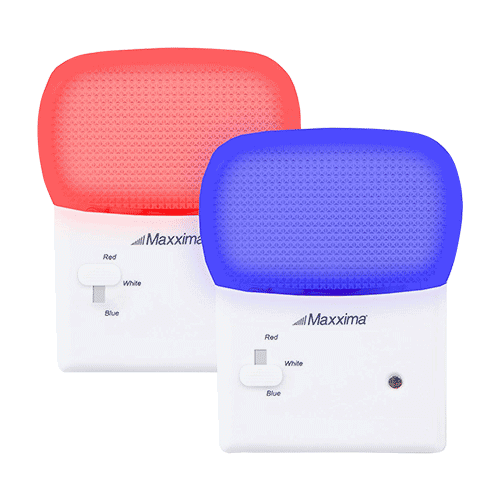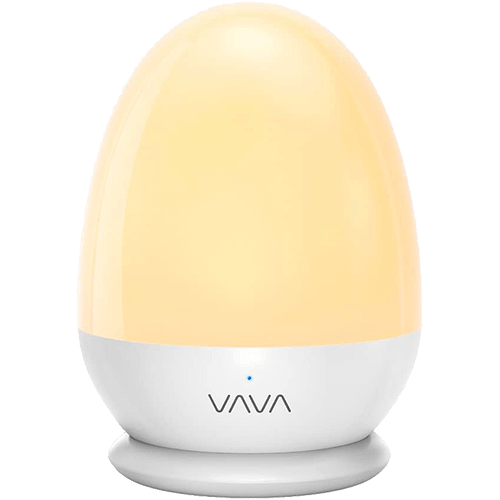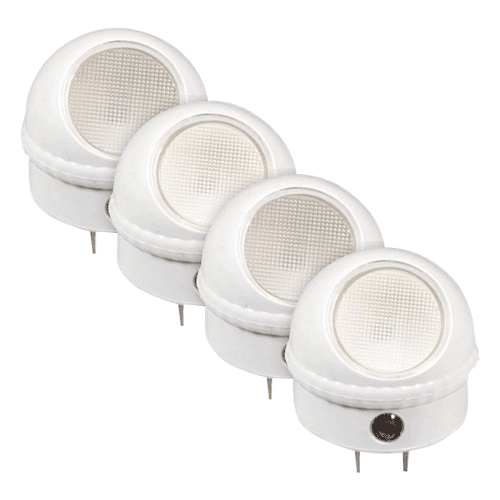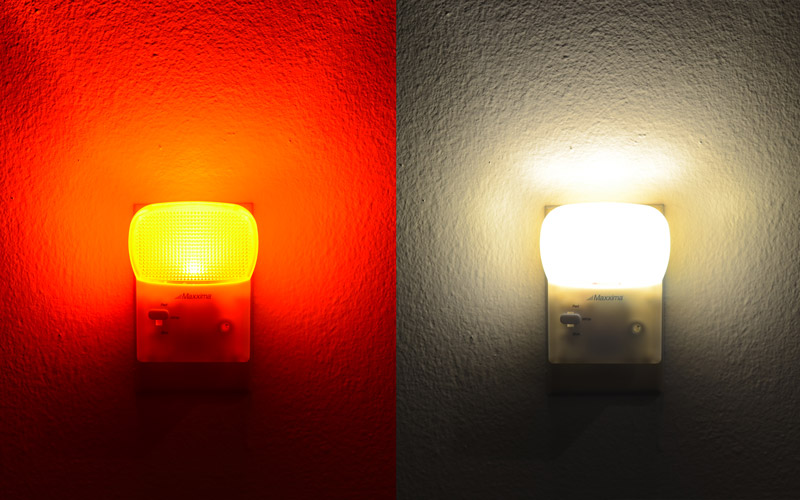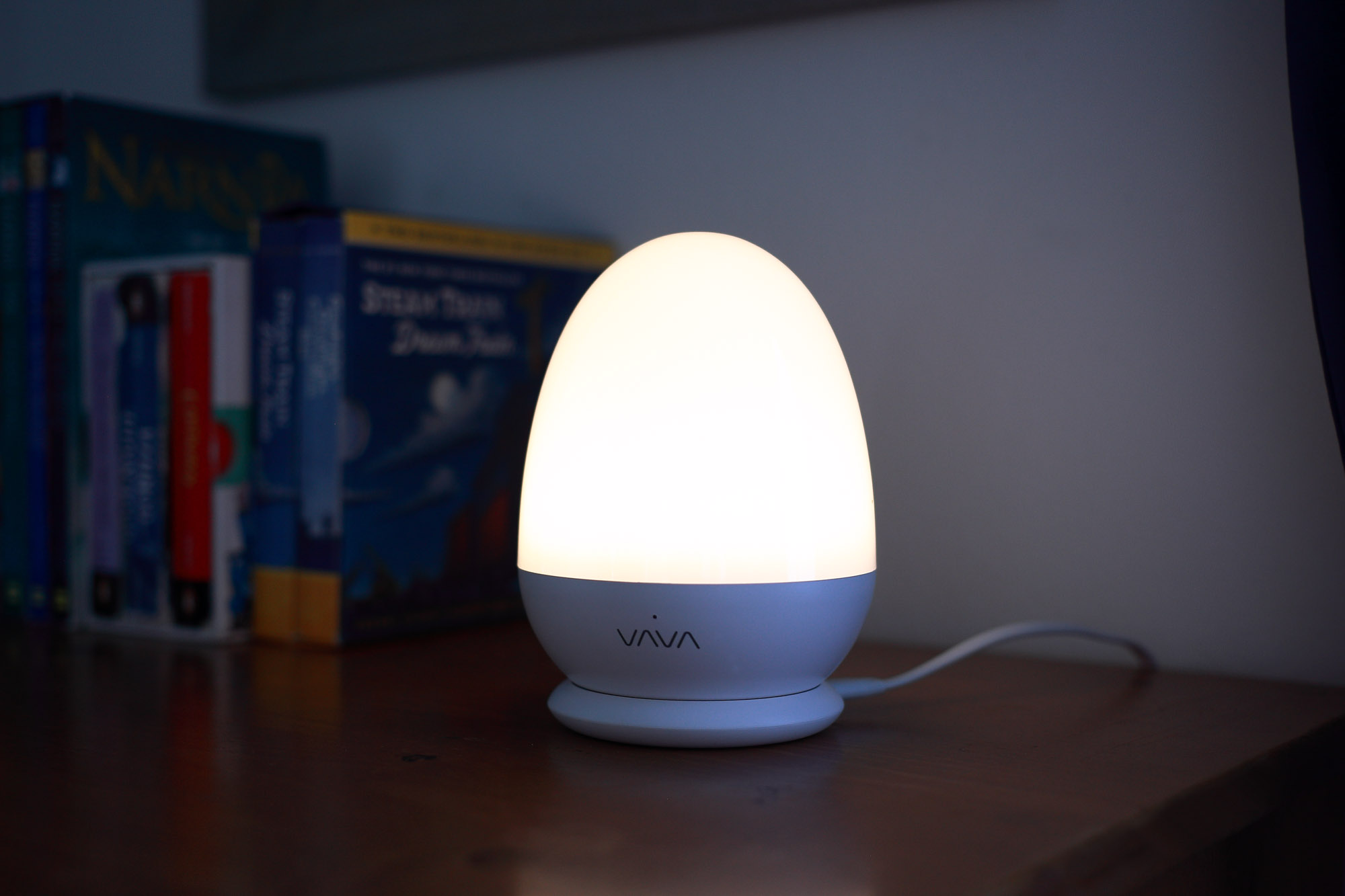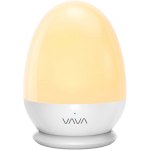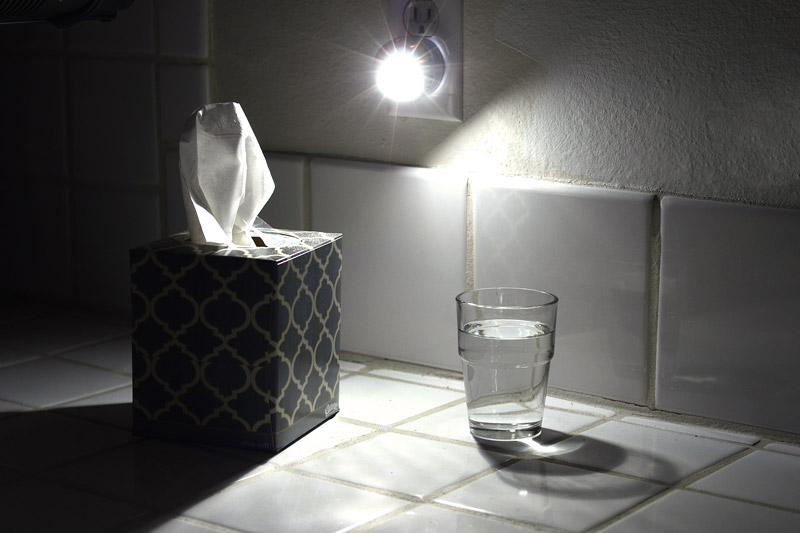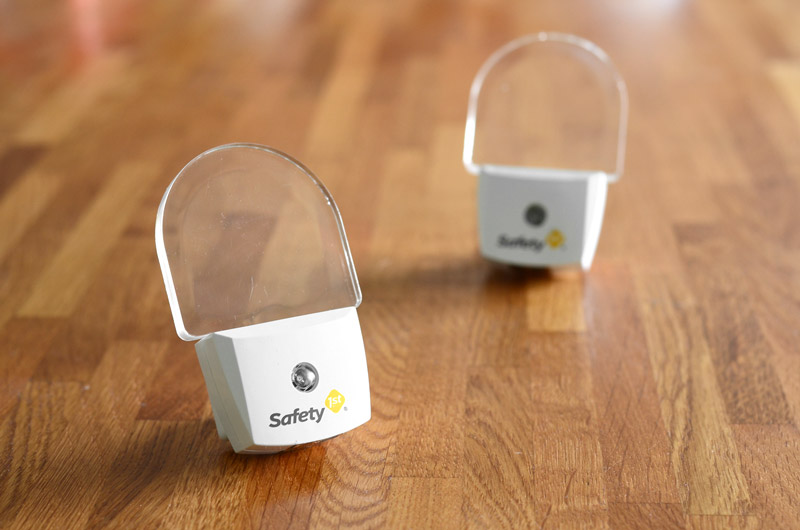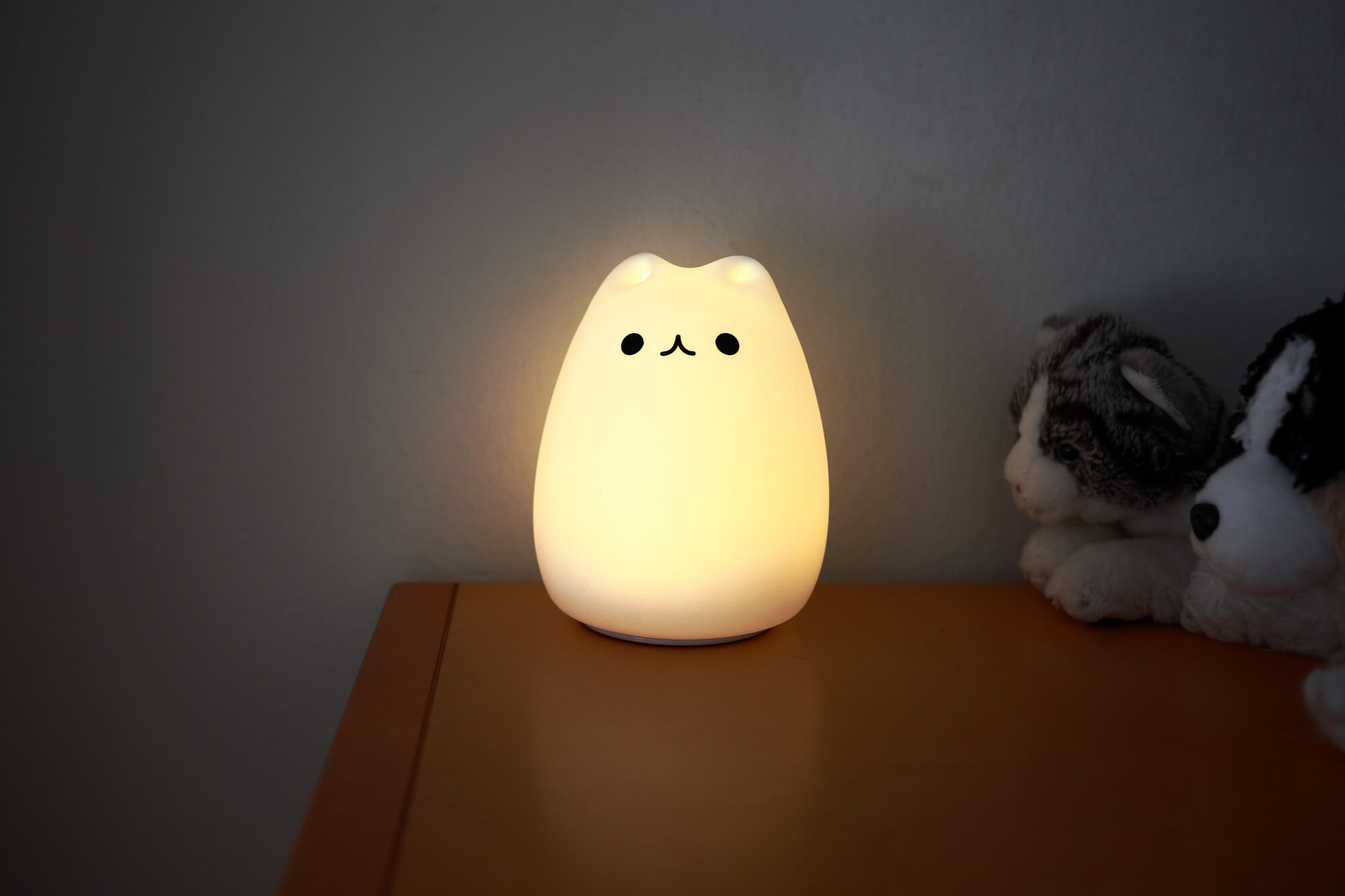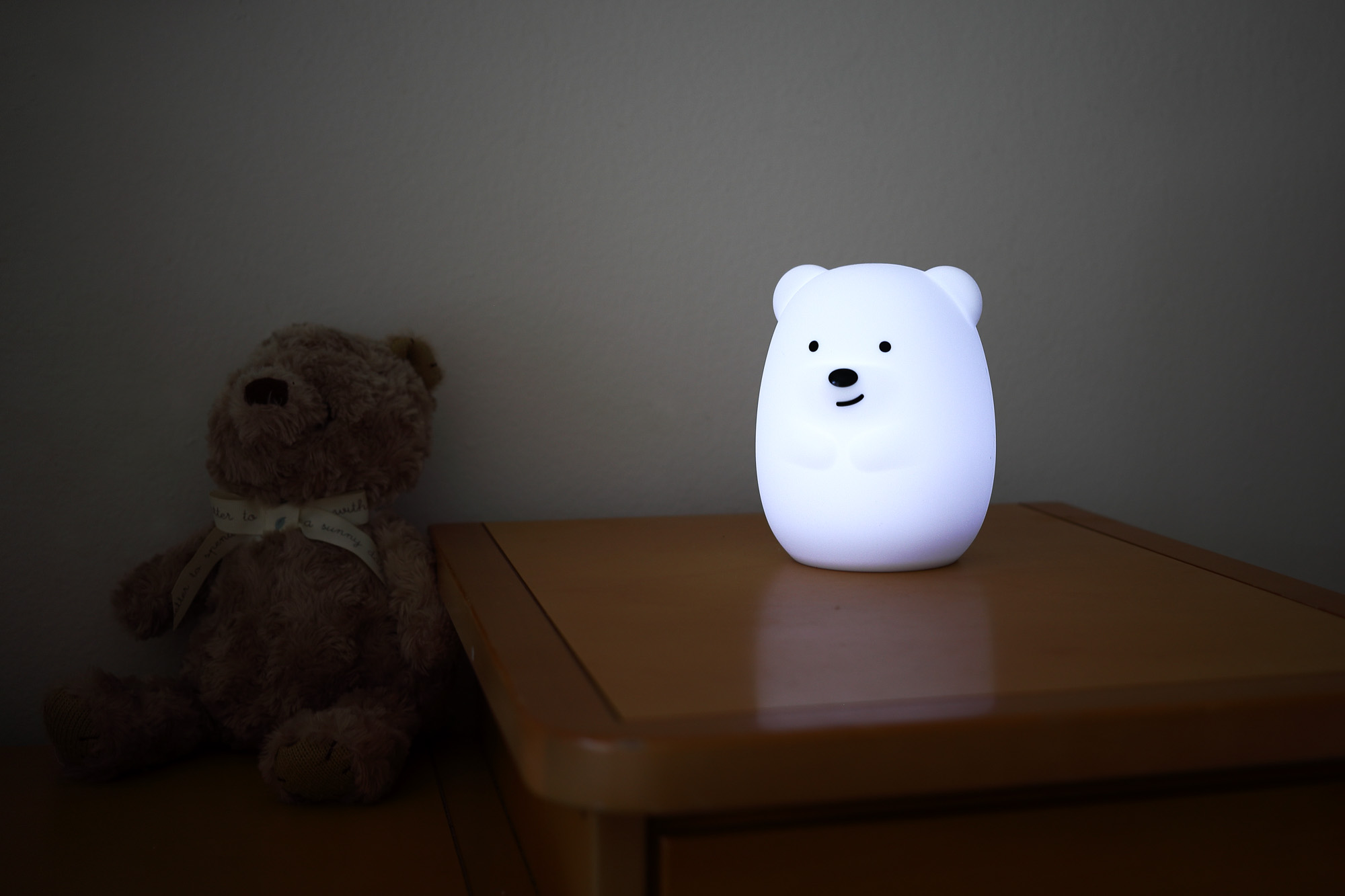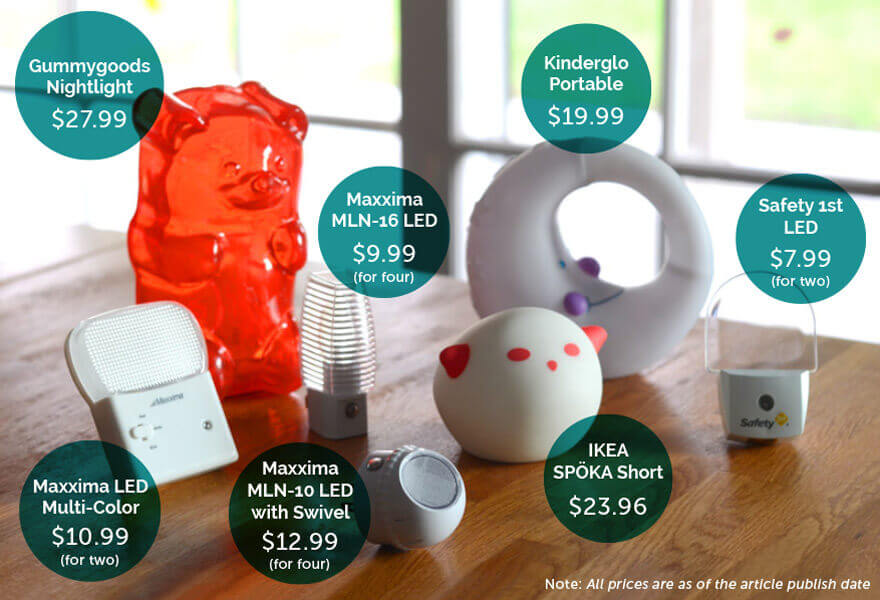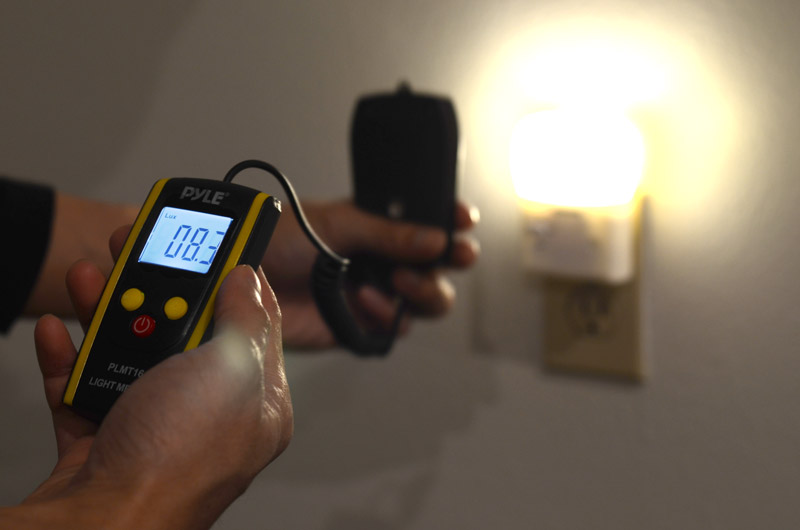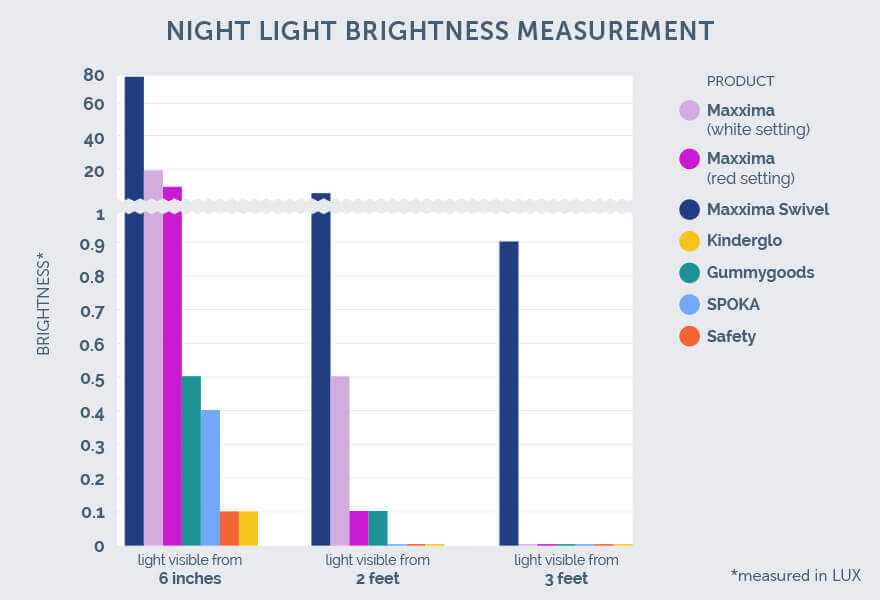Will Taking A Zinc Supplement Increase Testosterone
If you're looking to enhance your wellness routine, you might be thinking about adding zinc to your supplement lineup. After all, the vitamin is purportedly essential for immunity and wound healing, among other vital functions in the body. But before you stock up on zinc supplements, it's worth learning about the nutrient — and, in doing so, determine if you actually need the boost. Ahead, learn how zinc works in the body, plus when you should take a zinc supplement.
What Is Zinc, Exactly?
Zinc is a trace mineral, aka micromineral, which means the body needs super tiny amounts — 8 milligrams per day for women and 11 milligrams per day for men, to be exact, according to Harvard T.H. Chan School of Public Health. Those who are pregnant or lactating require a bit more each day — 11 and 12 milligrams, respectively — due to zinc's role in promoting healthy development during pregnancy and childhood. Unfortunately, however, the mineral isn't produced or stored by the body, so the only way you can really get zinc is through diet and supplements, according to the National Center for Biotechnology Information.
Zinc Benefits
Although zinc is needed in small amounts, it's still an essential mineral — meaning, your body needs it to function properly. The nutrient is involved in more than 300 (!!) essential biological reactions in the body, says Rana Mafee, M.D., integrative and functional neurologist at Case Integrative Health. But how does that translate to your health? Ahead, check out some of zinc's health benefits and, in turn, learn the answer to the question everyone's wondering: "is zinc good for you?"
Strengthens Immune Function
As it turns out, vitamin C isn't the only immune-boosting nutrient in town — zinc is also helpful. "Zinc supports the immune system by regulating the function of several key components [in the body], such as macrophages, neutrophils, natural killer cells, and T-lymphocytes," explains Sandy Younan Brikho, M.D.A., R.D.N., registered dietitian and founder of The Dish on Nutrition. Neutrophils find, trap, and kill harmful germs, says Brikho, while T-lymphocytes destroy other cells that have become cancerous or attacked by viruses. In turn, these immune cells can properly fight pathogens and defend your body from sickness. (Related: 7 Ways to Naturally Strengthen Your Immune System)
Promotes Wound Healing
"Zinc is [also] important for wound healing," says Jinan Banna, Ph.D., R.D., registered dietitian and nutrition professor at the University of Hawai'i at Mānoa. Specifically, zinc works by supporting the growth and proliferation (i.e. multiplication) of skin cells, according to an article published in the journal Nutrients. This helps repair damaged tissue and close wounds before infection-causing germs can enter the skin. And while these wound-healing benefits can be achieved by simply ingesting zinc (either as a food or a supplement), you can also reap these rewards by applying it topically (in this case, zinc is known as zinc oxide, according to the Mayo Clinic). For example, you can slather something such as Destin (Buy It, $5, target.com) on your little one's skin to help heal diaper rash. Or you can cover your face with Dr. Dennis Gross DRx Blemish Solutions Clarifying Mask (Buy It, $28, dermstore.com), which has zinc oxide to help relieve redness and irritation. (Note: Zinc oxide is also often the active sun-blocking ingredient in mineral sunscreens.)
Supports Brain Function
Another reason why zinc is good for you? It plays an important role in a range of brain functions, including learning, memory, mood, and behavior, according to Dr. Mafee. That's because zinc is involved in neurogenesis, or the creation of neurons (nerve cells) in the brain, according to a 2020 article. Neurons communicate with each other via chemical signals, helping the brain perform the aforementioned functions. In fact, zinc is so important for the brain that long-term zinc deficiency can contribute to a variety of neurological conditions, including "learning disorders, attention-deficit/hyperactivity disorder (ADHD), dementia, depression, schizophrenia, Parkinson's disease, and amyotrophic lateral sclerosis (ALS)," notes Dr. Mafee.
Breaks Down Carbohydrates
If you're still wondering, "what is zinc good for in the body?" you're in luck, because there's one more benefit of the nutrient that deserves your attention. Zinc, dear readers, also breaks down carbohydrates into glucose, according to the NCBI — and that's a pretty big deal. Why? Because glucose is the main source of energy for all your cells. What's more, according to a 2018 article, zinc regulates the release of insulin, aka the hormone that helps glucose in the bloodstream enter cells. This helps normalize your blood sugar levels (a key factor in reducing the risk of type 2 diabetes, according to the Centers for Disease Control and Prevention) while ensuring your cells get the fuel they need to operate efficiently.
The Best Sources of Zinc
Many foods naturally contain zinc, according to William Li, M.D., author of Eat to Beat Disease and president and medical director of the Angiogenesis Foundation.
Meat (think: beef, poultry, seafood) is a particularly rich source of zinc. For context, a 3-ounce serving of beef offers 7 milligrams of zinc and that of crab offers 6.5 milligrams of zinc, while the same amount of chicken contains about 2 milligrams, according to the National Institutes of Health. Dairy products, on the other hand, contain a moderate amount of zinc (e.g. 1 cup of cow's milk contains 1 milligram, according to the NIH).
Some plant foods — including whole grains, legumes, nuts, seeds, along with some veggies, and fruits — also offer the mineral, but they're not nearly as rich in the nutrient as meat. Case in point: Half-cup servings of kidney beans and diced portabella mushrooms contain less than 1 milligram each. Moreover, the little zinc that is in whole grains and legumes is difficult to absorb. That's because both foods are high in phytates, aka natural chemicals that "impair absorption of minerals like zinc, iron, and calcium in the digestive system," explains Dr. Li. Phytates do this by binding to the mineral (in this case, zinc), reducing how much your body absorbs. (Related: The Best Foods to Eat Together for Nutrient Absorption)
But luckily, there's a way to work around this. Soaking whole grains and legumes in water overnight (about eight hours) can decrease their phytate levels, allowing for optimal zinc absorption in the body, according to Harvard T.H. Chan School of Public Health. Another option is to pair whole grains and legumes with meat, says Dr. Li. The reason? Animal protein attaches to phytates, preventing the latter from binding to zinc and hindering optimal absorption, according to a 2020 scientific review.
Okay, But Should You Take Zinc Supplements?
It's not recommended to take zinc supplements before speaking to your doctor, says Brikho. For starters, taking zinc supplements might be totally unnecessary, meaning you'll end up spending money on something superfluous. And even if it is necessary, your ideal dose depends on your medical history, and your doc is the best person to determine that number. Plus, without a doctor-approved dosage, you can also run the risk of over-supplementing (more than 40 miligrams a day) and developing zinc toxicity, which can potentially cause "nausea, vomiting, abdominal cramping, fatigue, and a metallic taste" in your mouth, notes Brikho. The good news? Zinc overdose can be treated by simply stopping consumption of the supplement, according to NCBI.
And need not forget that zinc is found in a lot of foods (um, see above, folks!). So, "if you eat a varied diet, you're likely getting enough zinc," says Binan. This means taking a zinc supplement might not be all that necessary if you're noshing on foods from different food groups and pairing whole grains/legumes with animal protein. The same goes if you're already taking a multivitamin that has zinc — e.g. Vimerson Health Women's Multivitamin (Buy It, $20, amazon.com) — as "most multivitamins contain the recommended dietary [intake] of zinc," adds Brikho.
And in case you're wondering: There's no risk in getting zinc from a multivitamin and a generally healthy/varied diet. The combo, unlike zinc supplements, is unlikely to cause a zinc overdose because foods don't contain enough zinc to reach toxic levels (remember: 40+ milligrams a day), says Brikho. (Related: Does Emergen-C Even Work?)
But let's say you follow a vegetarian or vegan diet. In this case, a zinc supplement may be in the cards. "Meat's an abundant source of zinc, so eliminating it from the diet removes an important source," thus increasing the risk of a zinc deficiency, according to Dr. Li. Likewise, you might benefit from a zinc supplement if you have a digestive disorder that interferes with zinc absorption, says Dr. Li. This includes disorders like ulcerative colitis and Crohn's disease, according to NIH, while sickle cell disease, diabetes, liver disease, and chronic diarrhea can also increase the risk of a zinc deficiency, prompting the need for zinc supplements.
All that said, even if you're at risk for developing a zinc deficiency, "it's absolutely essential to know your own levels of zinc before deciding to supplement," says Dr. Mafee. You can figure this out by seeing your doc, who can run several tests (e.g. blood and urine tests, hair analysis, etc.) to determine your level of deficiency, explains Brikho. They'll also consider your risk factors (think: dietary restrictions, medical conditions), plus any symptoms of zinc deficiency (e.g. hair loss, poor appetite, slow wound healing, problems with taste and smell, according to NCBI) you might be experiencing. Once your doctor gives you the green light for zinc supplements, they'll provide a dosage that's right for you, which "could range from 22 to 40 milligrams for men and 16 to 40 milligrams for women," notes Brikho, who's a fan of Thorne Zinc Picolinate (Buy It, $33, amazon.com), as zinc picolinate is more easily absorbed in the body than other forms of zinc. (See more: The 10 Best Zinc Supplements to Support Your Immune System, According to Reviews)
The Bottom Line On Zinc's Benefits
As this point, you've likely realized that the answer to the question "is zinc good for you?" is a pretty resounding "yes." After all, zinc is an essential mineral, meaning your body needs it to stay healthy. But that doesn't necessarily mean you need supplements in your routine, especially if your diet includes a diverse lineup of foods, many of which (especially meat) are loaded with the nutrient. Of course, however, this isn't true for everyone, as being vegan or vegetarian or suffering from a GI condition that reduces zinc absorption can increase your risk of zinc deficiency, and, in turn, potentially justify zinc supplementation. In that case, see your doc, who can best determine whether or not you should supplement and the best way to do so.
Will Taking A Zinc Supplement Increase Testosterone
Source: https://www.shape.com/healthy-eating/diet-tips/is-zinc-good-for-you




















